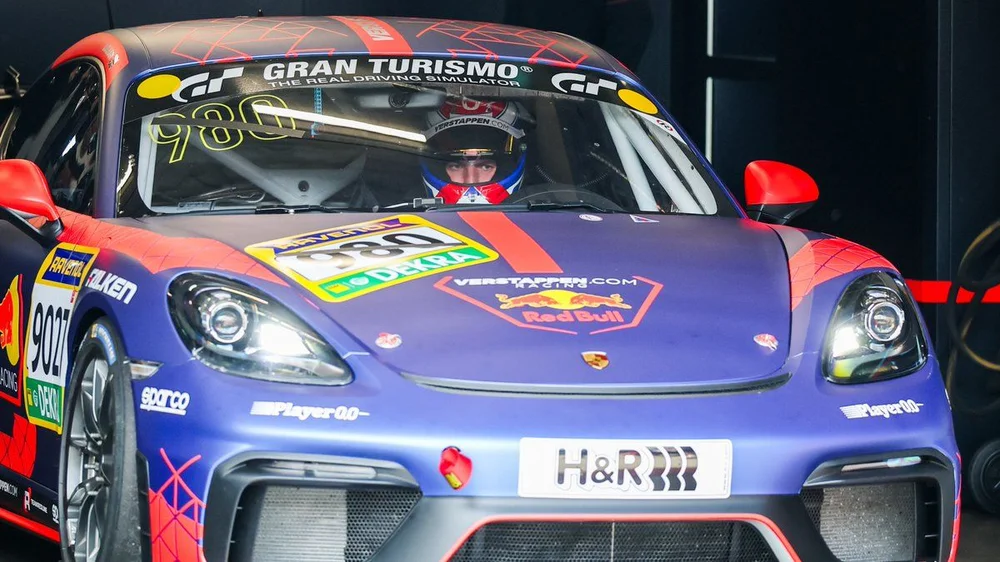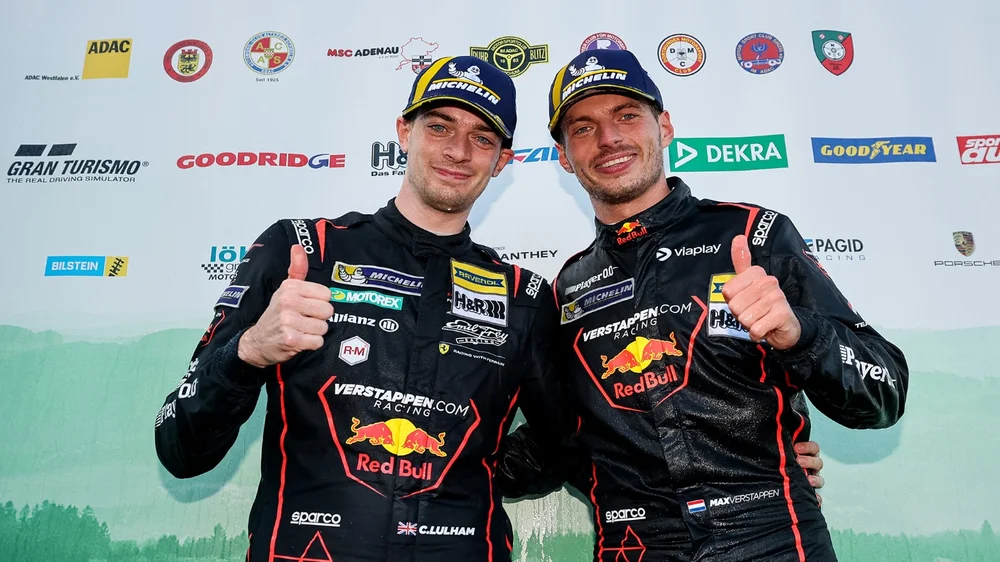BLOG
Sim Racing Recognized For Nordschleife License
Sim racing has taken another stride toward full recognition within real-world motorsport. The recent decision by Germany’s motorsport federation to accept virtual competition toward the “DSMB Permit Nordschleife” marks a significant moment for the entire industry. It reflects a broader shift that Fanatec has championed for many years, long before official bodies began to acknowledge the value of structured virtual racing.

A New Path Toward the Nordschleife
Under the revised system, drivers who complete three of the four winter rounds in the Digital Nürburgring Langstrecken Serie without penalties can now use those results when applying for a Permit B license. At the same time, the route to Permit A has been eased. This lowers barriers for many aspiring competitors and places sim racing firmly on the same developmental path as more traditional entry points.
Max Verstappen’s recent success in the 4-hour Nürburgring Endurance Series brought new attention to the topic of licenses, and winning the race with sim racer teammate Chris Lulham raised the credibility and respect for sim racing in front of a global audience.

How Fanatec Helped Build the Bridge
While this latest regulatory change belongs to the governing bodies, Fanatec has played a major role over recent years in making the virtual environment feel credible to real drivers and engineers, which in turn helps real motorsport trust the quality of competition that takes place in the digital world.
A notable example was the former sim racing component within the Fanatec GT World Challenge. At the time it was a genuine breakthrough, where results from official virtual races contributed real points to the manufacturer standings. It ran for several seasons and played an important role in elevating the perception of sim racing within professional circles. The experiment proved something vital. Virtual results could complement a real championship if the equipment and competition standards were high enough.
Hardware with Real Pedigree
Fanatec’s involvement has extended beyond ideas into hardware that removes the dividing line between digital and physical machines. The Podium Steering Wheel BMW M4 GT3 remains a milestone project, being the first wheel developed simultaneously for sim racing and a real race car. The Podium Button Module Rally, created for the M-Sport Puma Rally1 WRC car, follows the same philosophy by giving sim racers access to the same equipment found in a real rally car.
A Moment to Celebrate
With sim racing performances now contributing to Nordschleife licensing, the sport gains a new level of credibility. Virtual and real racing are no longer separate universes. For those who have long believed in that convergence, it feels like a natural and welcome evolution, one that points toward an increasingly connected future across both worlds.
ΠΡΟΪΟΝΤΑ ΣΕ ΑΡΘΡΟ